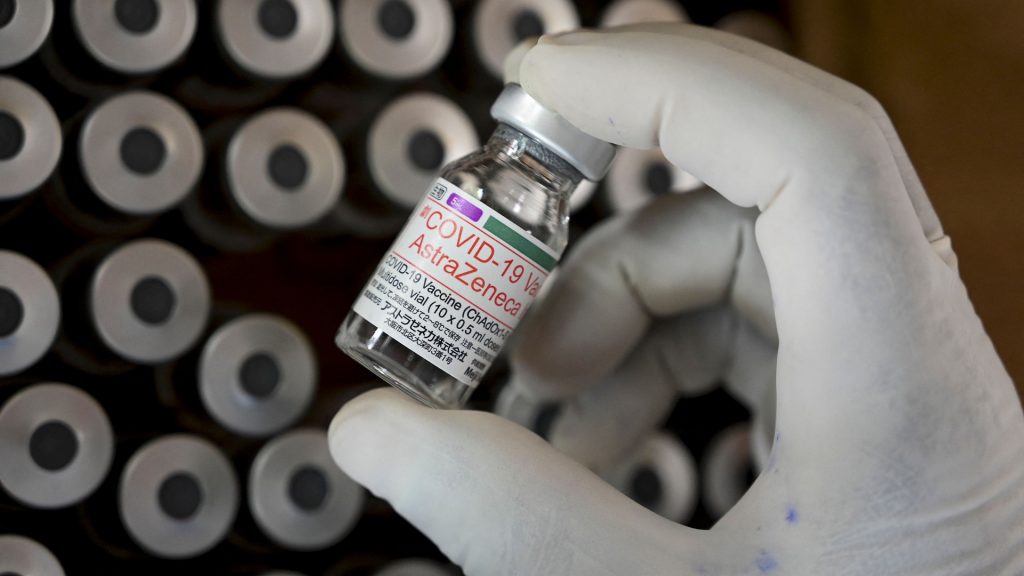Yukon updates guidelines for managing COVID-19 cases, contacts, PCR testing

Contacts of people who have COVID-19 no longer need to self-isolate but should still monitor for symptoms, according to the Yukon government.
It’s one of several changes made as the government updated its guidelines for managing COVID-19 cases, contacts and PCR testing.
The changes were made based on advice from the Office of the Chief Medical Officer of Health, the government said in a news release Thursday.
There is a high rate of community transmission in the territory but having contacts self-isolate “does not significantly reduce the rate of spread in our communities,” the news release states.
However, it says that contacts, regardless of their vaccination status, should monitor for symptoms for 14 days after an exposure with a confirmed case of COVID-19.
Other self-isolation guidelines
The territorial government also says that the period of self-isolation for a person who has COVID-19 symptoms no longer depends on their vaccination status.
It now recommends that Yukoners who test positive for COVID-19 self-isolate for seven days if they’re not immunocompromised, and then three days of “risk reduction.”
“Risk reduction means wearing a mask in public settings, avoiding activities where masks cannot be worn, and avoiding visiting people who are immunocompromised, at high-risk of illness, or in high-risk settings such as long-term care homes, hospitals, health care centres, shelters and the correctional centre,” the release states.
For Yukoners who are immunocompromised and test positive, the new guideline is to self-isolate for 10 days followed by another 10 days of risk reduction.
Testing
Lab-based PCR tests are no longer being recommended for those who have COVID-19 symptoms unless they’re immunocompromised, the government said.
“Most people can manage their illness at home and a diagnostic level lab-based PCR test is not necessary as it will not impact their treatment or the outcome of their infection,” said Yukon medical officer of health, Dr. Paul Hasselback.
But the tests will continue to be available for Yukoners who are at risk of getting very sick from COVID-19 and those who work in high-risk settings, such as front-line healthcare workers, pregnant people, Yukoners who are partially or not vaccinated, and those over 50.
“The Omicron wave of COVID-19 has led to lower hospitalization rates and less severe outcomes,” the government said in the news release. “Combined with a high rate of vaccination across the territory, most Yukoners can now safely manage their illness at home.”
The Yukon government lifted many of the public health restrictions it had put in place to mitigate the spread of COVID-19 on March 4. Two weeks later, on March 18, it lifted the indoor masking requirement, except for schools, and the COVID-19 vaccine passport program. Masks became optional in schools and on school buses on May 24.
The Yukon government’s COVID-19 dashboard indicated Thursday that there are 17 known active COVID-19 cases in the territory. The positivity rate stands at 26.6 per cent. There has not been a new COVID-19 reported since May 31. Since the start of the pandemic, there have 144 hospitalizations due to COVID-19 and 26 deaths. The last death was reported on May 26.
Related stories from around the North:
Canada: Nunavut housing minister says COVID-19, costs to blame for 2021 tendering delays, CBC News
Iceland: Iceland to axe all COVID restrictions Friday saying “as many people as possible” need to catch virus, Eye on the Arctic
Sweden: Covid-19 no longer classified a ‘danger to society’ in Sweden, Radio Sweden.



